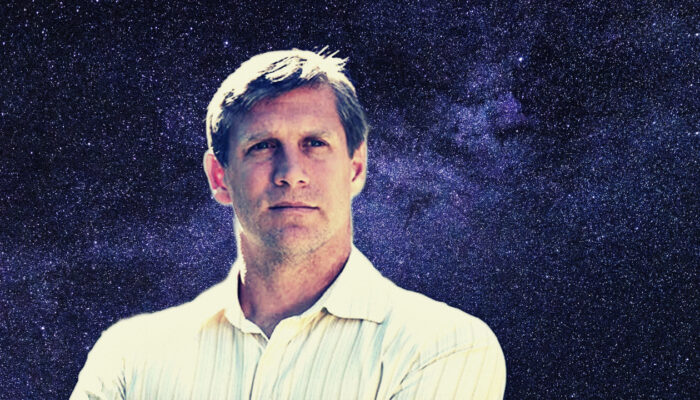
In an age characterized by an influx of information from various sources, the human mind often finds itself grappling with a trio of psychological phenomena that profoundly influence the way we perceive and process information. Skepticism, cognitive dissonance, and confirmation bias are all integral aspects of human psychology that shape our beliefs, decisions, and interactions with the world around us. AFL advisory board member David Silverman recently produced a video titled “Skepticism: A Refresher” where he discusses the fundamentals of skepticism and why we need it.
Silverman is currently putting his money where his mouth is, and has pledged to donor match every donation to AFL, dollar for dollar, up to $10,000. He has committed to doing this through the end of 2023.
Donate or become a member HERE.
Following his inspiration, lets delve into the definitions, implications, and strategies to manage these psychological tendencies.
Understanding Skepticism
Skepticism, at its core, is the practice of questioning the validity and authenticity of information, claims, or beliefs. Skeptics are naturally inclined to seek evidence and critically evaluate assertions before accepting them as true. In the realm of healthy skepticism, individuals are encouraged to be curious, open-minded, and analytical in their approach to new information. This form of skepticism is an essential tool for promoting critical thinking and preventing the uncritical acceptance of misleading or false ideas.
Cognitive Dissonance: The Clash of Beliefs
Cognitive dissonance occurs when an individual experiences mental discomfort as a result of holding contradictory beliefs, attitudes, or values. The human mind tends to seek consistency and harmony in its thoughts, so when conflicting information arises, it can lead to feelings of unease. To alleviate this discomfort, individuals may resort to various strategies, including changing their beliefs, justifying their current beliefs, or selectively ignoring information that contradicts their existing viewpoints.
Confirmation Bias and its Influence
Confirmation bias is the subconscious tendency to seek out, interpret, and remember information in a way that confirms one’s preexisting beliefs. In essence, individuals are more likely to notice and remember information that aligns with their existing worldview while disregarding or downplaying conflicting information. This bias can contribute to the reinforcement of stereotypes, the spread of misinformation, and the entrenchment of divisive ideologies.
Strategies for Mitigating Cognitive Biases
- Awareness: Recognizing the existence of cognitive biases is the first step towards managing them. By acknowledging the potential for confirmation bias and cognitive dissonance, individuals can approach new information with a more critical and open mindset.
- Diverse Sources: Actively seeking information from a variety of sources, including those that may challenge one’s beliefs, can help counter confirmation bias. Exposure to diverse perspectives fosters a more well-rounded understanding of complex issues.
- Fact-Checking: Verifying information before accepting it as true is crucial in an age where misinformation can spread rapidly. Fact-checking and cross-referencing information can help individuals make informed judgments.
- Encouraging Constructive Conversations: Engaging in respectful and open dialogues with those who hold differing viewpoints can help reduce cognitive dissonance. Constructive conversations allow for the exchange of ideas and the potential for growth.
Skepticism, cognitive dissonance, and confirmation bias are intricate threads woven into the fabric of human cognition. While they can lead to flawed judgments and reinforce narrow perspectives, the awareness of these phenomena equips individuals to approach information with greater discernment. Here at Atheists for Liberty, we strive to cultivate a habit of critical thinking, seeking diverse viewpoints, and staying open to revisiting one’s beliefs. To the extent that we can build these habits, it becomes possible to navigate today’s complex landscape of information and arrive at more informed and balanced conclusions.


